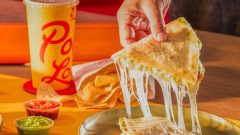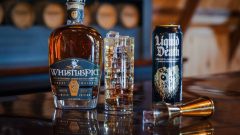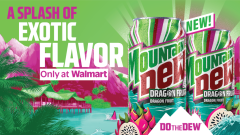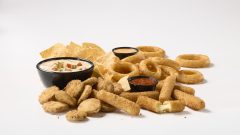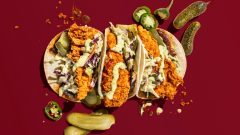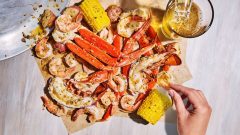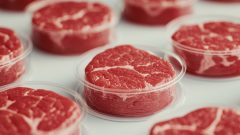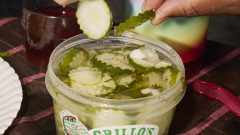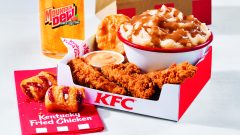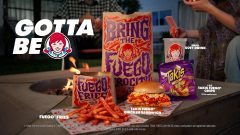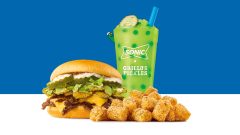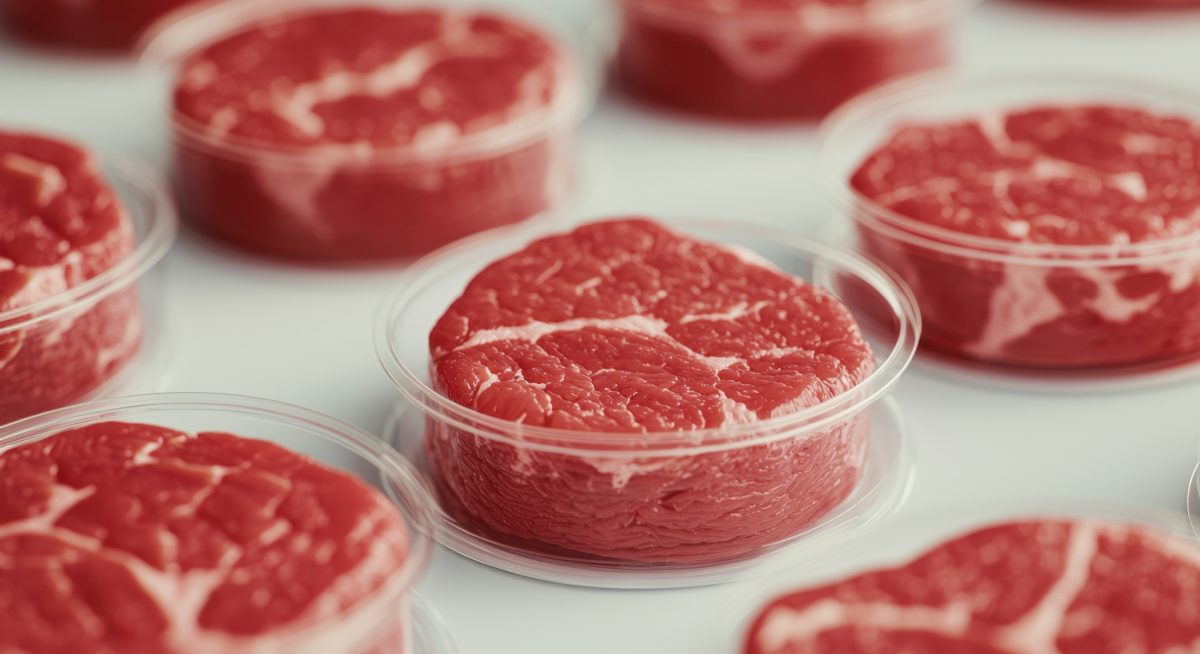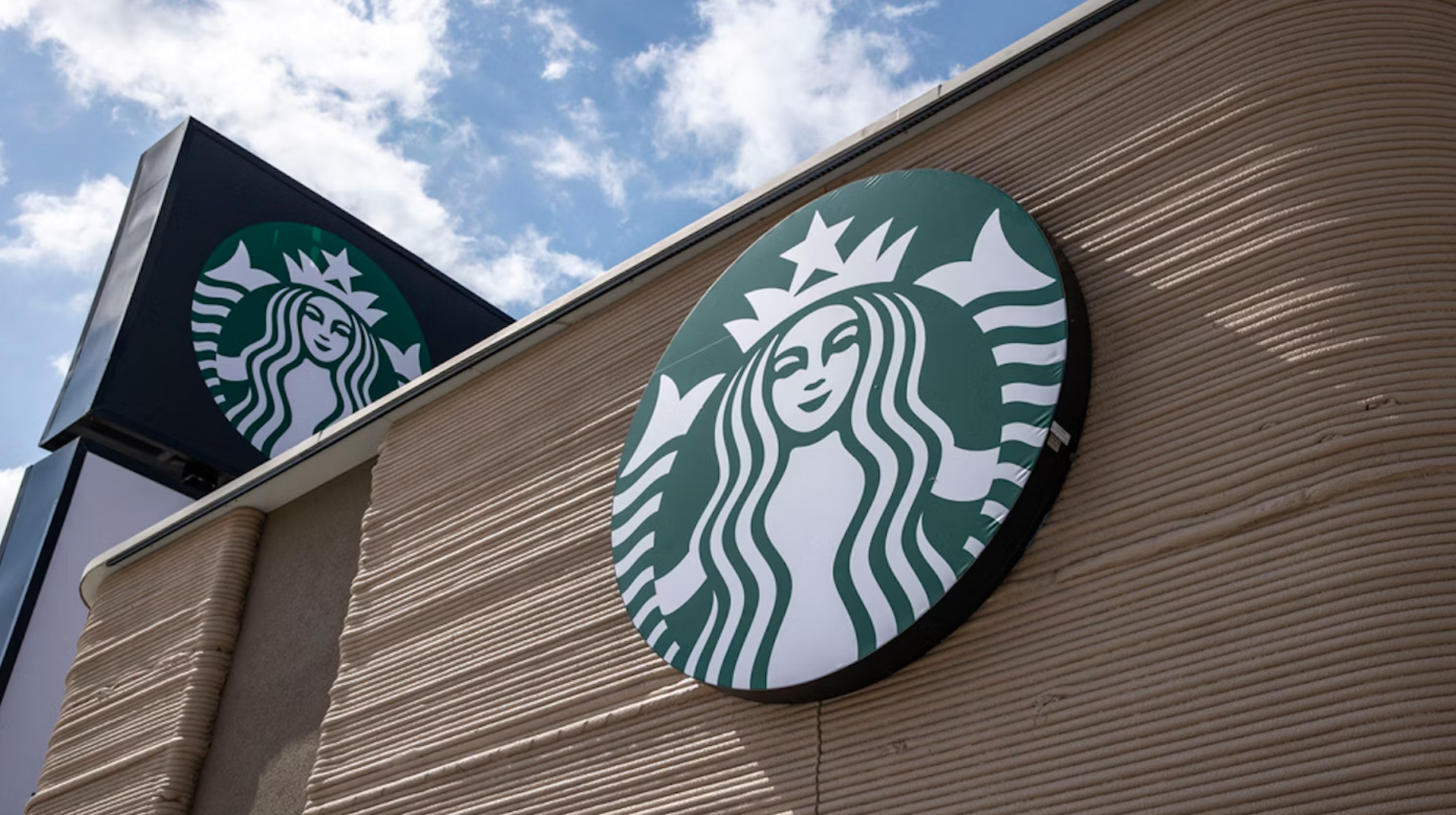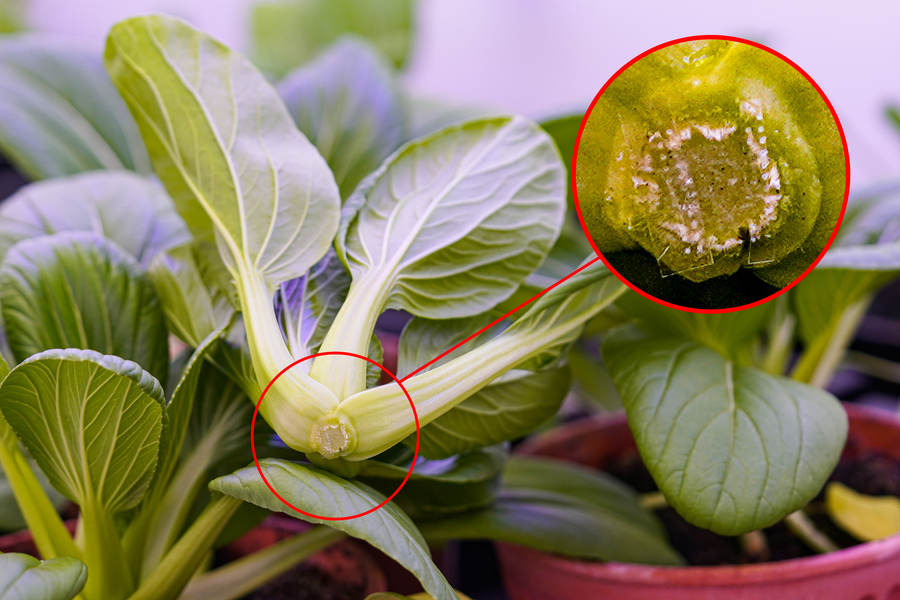Can Ice Cream Made With Cow DNA Be 100% Vegan?
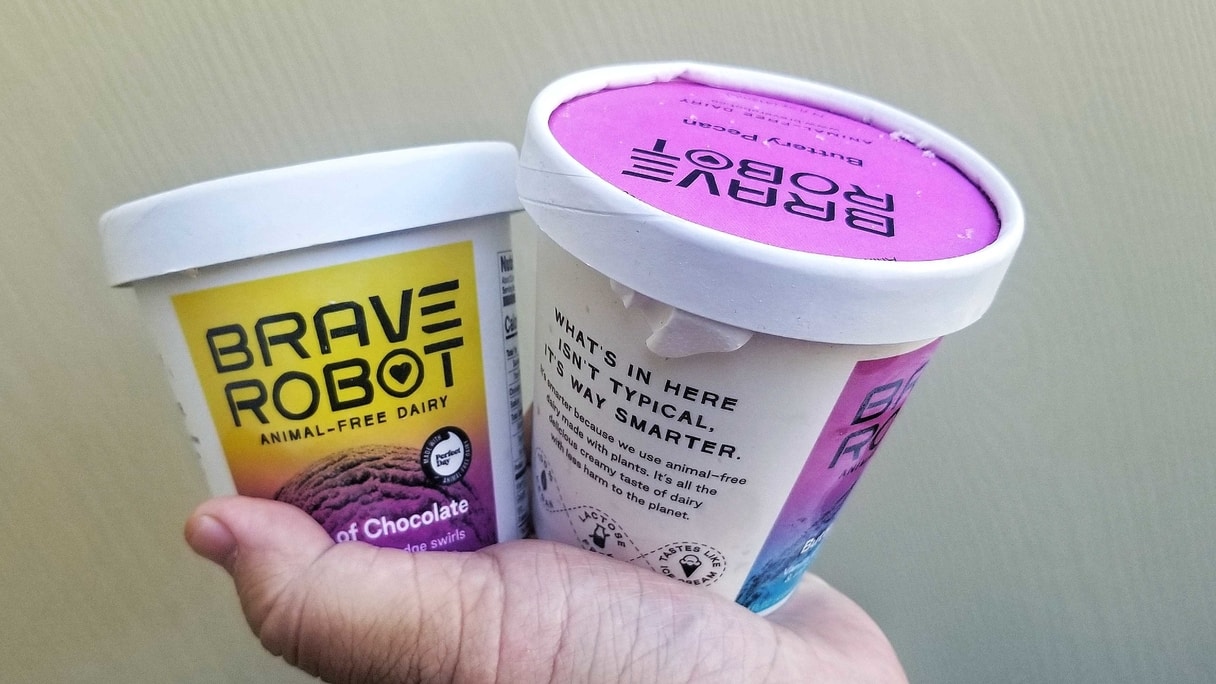
The plant-based and vegan industry has found some novel ways to create meat substitutes. Mostly, it’s been finding plant sources of some of the proteins and other molecules key to making meat, which is what companies like Impossible Foods and Beyond Meat have done.
An emerging company, however, is taking a more direct approach to creating these proteins. They’re making products like ice cream that use real milk protein and cow DNA, yet still claims them to be 100 percent vegan.

I know that phrase is going to generate controversy. Yes, it’s the exact same protein you get from milk. Yes, it does utilize the genes from a cow to make the protein. However, it doesn’t use any animals, any DNA extracted from an animal, or animal products whatsoever.
This vegan milk protein comes from Perfect Day, who specializes in what they would describe as “fermented vegan dairy” that’s 100% animal-free.
“The cool thing is we’re doing it with fermentation, so not a single cow is involved in our process,” says Nicki Briggs, Perfect Day’s VP of Corporate Communications.
Instead, Perfect Day uses a fermentation process that’s been widely used by various companies over the years. Briggs compared it to how proteins like insulin or rennet are made today in a conversation with Foodbeast.

Rennet, the curdling protein for cheese, is traditionally harvested from a calf’s stomach. Today, 90 percent of it is vegetarian, made by getting yeast to ferment sugars into the exact same protein. According to Briggs, Perfect Day uses that exact same process to make their vegan milk protein. The result is a powder that can be used to make ice cream, cheese, yogurt, and more.
For milk, it contains two predominant types of protein: casein and whey. The protein that Perfect Day is making, beta-lactoglobulin (BLG), is one of the primary components of whey protein. “We found that beta-lactoglobulin is the most nutritious and the most functional of all of the proteins in milk,” Briggs explained, indicating that BLG was the key one needed to create a functional alternative to getting milk from cows.
To get the fungi, called trichoderma, to make the milk protein, Perfect Day downloaded part of the genetic makeup of a cow into the fungi. Segments of DNA coding in any creature are used by cells to make different key components, including proteins. Adding that code into a fungi cell known for producing large quantities of protein was the key to making Perfect Day’s product.
One could call this “genetic engineering,” but it doesn’t use a technique like CRISPR, which splices in genes from another creature’s cells. Instead, Perfect Day turned to a virtual source of DNA: Google.
“We were able to, as silly as it sounds, Google it and find the sequence online,” Briggs explained. “We were able to use this sequence to influence our microflora.”
The microflora can then grow the protein en masse in giant fermentation tanks. That is then turned into the powder that can be added to an ice cream mix or other vegan dairy products to give it a structure akin to real dairy.
Right now, there’s only two brands in markets that use this novel animal-free whey: Smitten, who teamed up with Perfect Day to make limited batches of “N’ice cream,” and Brave Robot, who heavily advertises the protein they use in their pints of frozen dessert.
Brave Robot was locally available for me, so I secured some pints to sample and analyze. They use a blend of plant oils to replace the fat you would normally get in milk, as well as sunflower lecithin (a substitute for soy) to emulsify everything together.
The result is an extremely creamy ice cream that, at serving temperature, is pretty spot on to the original. I would say it does freeze a little bit harder than regular ice cream, but is way closer than any other vegan substitute I’ve tried.
Because this ice cream alternative does use real milk protein, it’s not recommended for those with allergies to milk. Allergies are triggered by proteins, and while a different protein (called alpha-s1 casein) is a more common allergen trigger in milk, beta-lactoglobulin can still cause issues for those sensitive to milk.
This, as well as the fact that it is a real protein, are some of the larger concerns some may have in calling what Perfect Day creates “vegan.” Yes, it doesn’t use any animals, but the structure of what’s inside it and real milk are identical.
Briggs understands that, saying “We want the word vegan to be a helpful navigation tool to find products not named from animals, but don’t want to be misleading.” While she believes that Perfect Day’s product fits under the technical term for vegan, there’s a different phrase she would use as well.
“We see animal-free as the master name for this,” she said. As for terms like lab-grown, describing Perfect Day’s protein as that would be “inaccurate,” as it’s “less sci-fi than it seems.”
While Perfect Day is using a technology that’s not new, they are applying it in a new way by recreating an “animal-free” milk protein that can be used to craft ice creams nearly identical to the original.
Perfect Day does plan to create the entire lineup of milk proteins and other dairy products, but those will come down the line as the company continues to grow.


